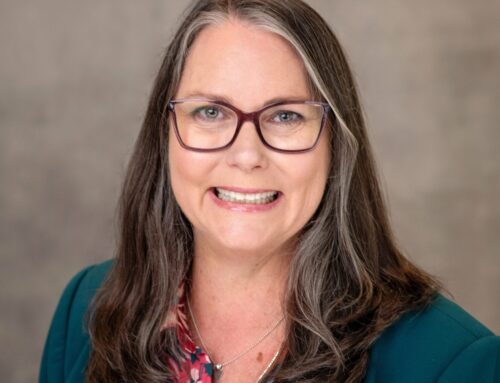
If we pretend that the pandemic was simply an inconvenience, we will live with its impact for many years. The alternative, however, is clear. The public can instead choose to engage with their local educators, PTAs, and school leadership and help bring about the changes each school needs to support each of the kids in their building.
The 2022 National Assessment of Educational Progress (NAEP) report or Nation’s Report Card shows us declines in student scores. But that’s not all it offers. It also reminds us that some students have better resources and support than others. What are those resources? One key element is students’ confidence in their teachers’ ability to use the tools that were thrust to the forefront of schooling during the pandemic. Another is their confidence that their teachers could help them with their homework and classwork.
Essentially, the NAEP report highlights that high-tech and high touch are key to students’ learning and success. To achieve this goal, which is to increase all students’ access to high-tech tools and support schools so that they can provide teachers and administrators with professional learning to integrate technology into their curriculum, schools will need the support of the public.
We are now seeing that in urban school systems, the long-term sustained focus on school improvement is having a positive effect. In these districts, there has been a concerted effort to support principals and teachers and ramp up engagement with parents and the public.
For schools to shorten the pandemic’s impact on learning, they will need to work on what each building needs to better serve their students, and for that, they will need the public’s support in changing how schools meet the local challenges. Additionally, schools will need state and federal governments to expand their support for teacher education programs to provide more well-educated teachers, counselors, principals, and technology educators.
We should not lose this moment. We all need to focus on what the kids need.

by Richard Long, Executive Director, Learning First Alliance




